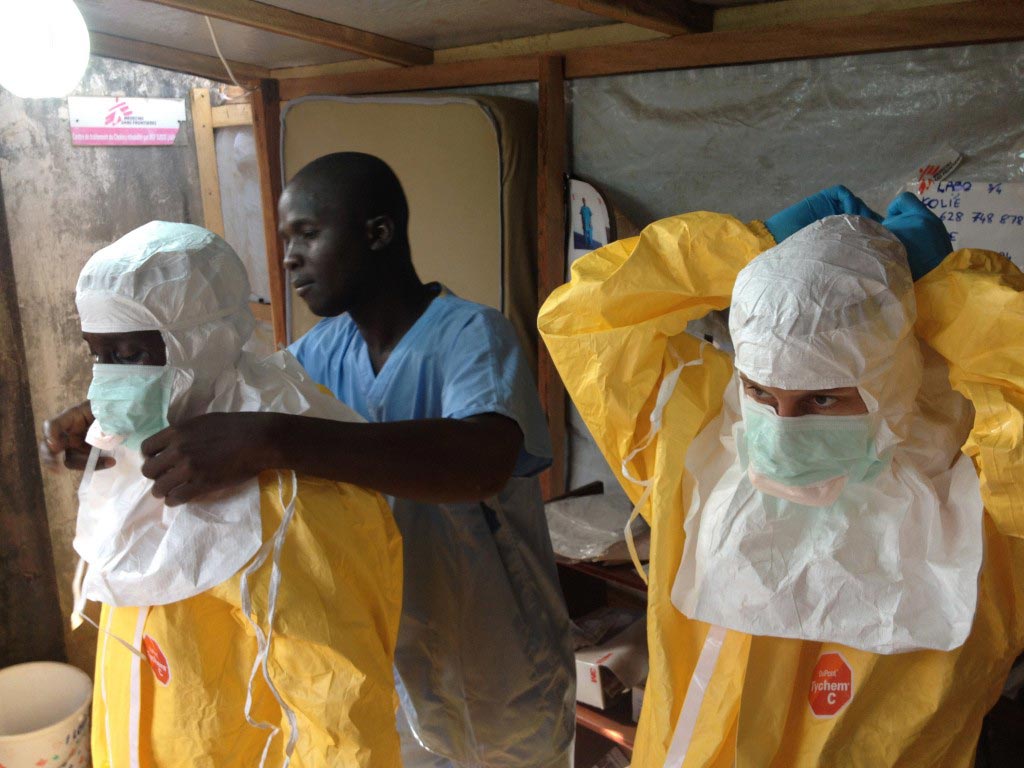Fresh facts emerged yesterday that three new suspected cases of the deadly ebola virus disease have been discovered in Kaduna and Lagos states.
Four more patients who had been undergoing treatment for the disease at the Lagos treatment centre, were discharged after they had been certified free of the disease.
Briefing journalists at the Infectious Disease Hospital located in Yaba area of Lagos, the Lagos State commissioner for health, Dr Jide Idris, said they have 12 confirmed cases which included the index and all the other cases that had tested positive.
The commissioner said, “As at yesterday, we have three new suspected cases. And one of them is a blood sample from Kaduna State while the two others are from Lagos, and they are primary contact. One reason for this was that they do not have the laboratory to test for the virus.
“What we have now is that there are four people dead, including the index (Mr Patrick Sawyer). We have eight in the isolation ward before the Saturday when we released the doctor. And this doctor was released after testing negative and going through the World Health Organization and Centre for Disease Control procedures for discharge.”
Idris added, “We have four more patients that are ready for discharge, and they have gone
through the same protocol — the protocol is that before we release anyone or certified him or her negative, he or she has to be symptoms-free for over three days. Also, we had to test their blood and the result proved negative of the virus.
“They will be released today (yesterday) after they have completed their counselling exercise being conducted by our psychosocial team. But they will come periodically for checkups, though they are okay.”
He revealed that the other three patients were still being monitored at the isolation centre, saying once they got better they would be released.
On the suspected nurse that ran to Enugu State, Idris said, “The lady who ran to Enugu is still under isolation and she has tested positive to the virus.”
Asked the treatment given to the patients, he said, “There is no specific treatment for Ebola virus disease, EVD. We treat the patients based on the presentation. For instance, if the patients show symptoms of diarrhoea, he or she has to be treated with electrolyte and others. If the person shows signs of pains, he will be given drugs on pains. We have enough drugs to take care of them.
“If they require intensive care, we will do that. This is part of the equipment that has been brought in. They will be provided with such.”
He explained that medical personnel had increased, saying: “At the moment, we have gotten more medical personnel to care for the patients. We have eight doctors and nine nurses and some health workers who have gone through the training.
“We have also been joined by infectious disease experts from Lagos State University Teaching Hospital (LASUTH). All these people have gone through the training, though the number is not enough; we need more.”







